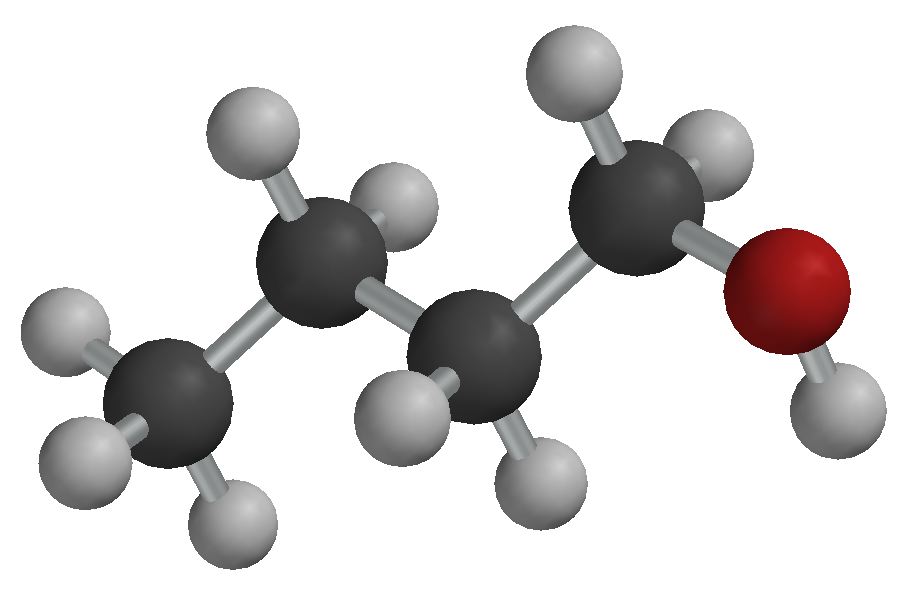Federal Institution "State Research Institute of Genetics and Selection of Industrial Microorganisms of the National Research Center" Kurchatov Institute"

Genetika carries out scientific research in microbial and cell culture biotechnology mainly in the form of research projects requested by industry. Our results are available as patents, license and know-how. Since its foundation (1968) Genetika has been one of the most significant Russian research centers in microbial genetics and molecular biology and at the same time served as the main source of new strains and processes for Russian biotechnological industry.
Technologies developed in Genetika (threonine — 1979, riboflavin — 1991, acrylamide — 2000, phytase — 2008) are used all over the world by leading biotechnology companies. Governmental granted basic research as well as collaboration with other Russian and international research organizations helps to bridge the gap between applied and basic research. A range of interdisciplinary research projects is driving the innovative development forward. Now Genetika is ready to pursue the implementation of innovative research in industrial and social applications all around the world. more
|
New article in CELL by Genetika researchers Alex Mironov and Svetlana Eremina.
Bacterial Nitric Oxide Extends the Lifespan of C. elegans (download the article)
Ivan Gusarov, Laurent Gautier, Olga Smolentseva, Ilya Shamovsky, Svetlana Eremina, Alexander Mironov, Evgeny Nudler.,
ABSTRACT Nitric oxide (NO) is an important signaling molecule in multicellular organisms. Most animals produce NO from L-arginine via a family of dedicated enzymes known as NO synthases (NOSes). A rare exception is the roundworm Caenorhabditis elegans, which lacks its own NOS. However, in its natural environment, C. elegans feeds on Bacilli that possess functional NOS. Here, we demonstrate that bacterially derived NO enhances C. elegans longevity and stress resistance via a defined group of genes that function under the dual control of HSF-1 and DAF-16 transcription factors. Our work provides an example of interspecies signaling by a small molecule and illustrates the lifelong value of commensal bacteria to their host.
|
 |
| |
|
|
New review article "Microbial Producers of Butanol" (Download the article)
O. V. Berezina, N. V. Zakharova, C. V. Yarotsky, and V. V. Zverlov
Abstract—This review is written due to an increased interest in the production of energy carriers and basic substrates of the chemical industry from renewable natural resources. In this review, the microbiological aspects of biobutanol production are reflected and the microbial producers of butanol (both natural, i.e., members of the Clostridium genus, and recombinant), obtained by genetic modification of Clostridia and other microorganisms, are characterised.
|
 |